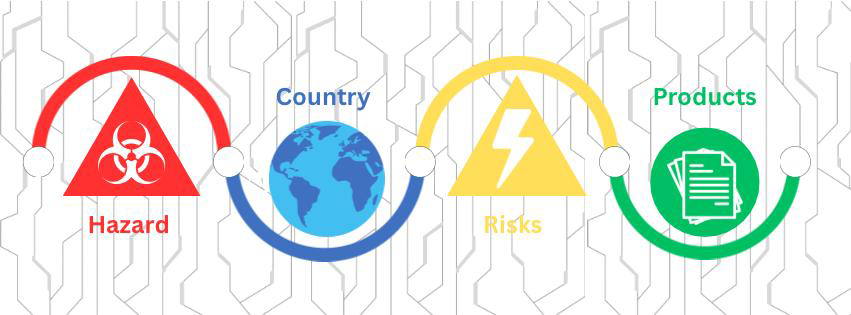
15 May 2025, Cairo, Egypt – The World Health Organization (WHO) Regional Office for the Eastern Mediterranean has launched a landmark innovation designed to transform how countries prepare for and respond to health emergencies.
The All-Hazard Information Management (AIM) Toolkit leverages generative artificial intelligence to drastically reduce the time needed to produce critical response documents from weeks to minutes while maintaining high technical quality and contextual relevance. It was developed by the Health Emergencies Team at the Regional Office for the Eastern Mediterranean with support from NORCAP (part of the Norwegian Refugee Council) and WHO’s Global Hub for Pandemic and Epidemic Intelligence in Berlin.
Multiple protracted emergencies, ranging from disease outbreaks and displacement to climate-related shocks and conflict, place immense pressure on overstretched systems across the Region. The AIM Toolkit responds to this urgent need by equipping WHO and health authorities with a rapid, reliable and context-sensitive mechanism to guide emergency decision-making from the outset of crisis.
WHO’s involvement in emergency response is triggered through a structured decision-making process anchored in the Organization’s Emergency Response Framework (ERF). This includes assessing the hazard, planning the response and monitoring impact in alignment with existing capacities, vulnerabilities and global coordination mechanisms such as the WHO-led United Nations Health Cluster. While these steps are essential to ensure quality and accountability, they are often time intensive.
The AIM Toolkit embeds AI in key stages of this process, enabling WHO teams to:
access and organize technical guidance from WHO and partners;
structure response frameworks around clearly defined objectives, actions and indicators;
automatically tailor essential documents, including risk assessments and response plans, to specific countries and hazards; and
identify potential gaps and ensure technical completeness under time constraints.
By doing so, the Toolkit enables experts to focus on high-level analysis and strategic decision-making rather than document production, significantly accelerating early response while preserving adherence to WHO standards.
“In a context of shrinking resources, we are constantly asked to do better with less and still meet rising needs across the Region,” said Dr Ahmed Zouiten, Regional Emergency Director ad-interim. “The AIM Toolkit is not just about speed. It’s a game-changer in how we use knowledge, turning global guidance into real-time, country-specific action, powered by AI. This is how we help countries respond faster, smarter and with greater precision in times when it matters most.”
The Toolkit has already demonstrated its value in real-world scenarios, generating rapid situation analyses and response frameworks that reflect complex realities such as weakened health systems and humanitarian access constraints.
The AIM Toolkit has been selected as a flagship initiative at the upcoming UN 2.0 Week Expo, showcasing digital innovation across the UN system in support of more agile, data-driven and impactful operations.
The release marks the first phase of the Regional Office for the Eastern Mediterranean’s broader ambition. Future iterations of the AIM Toolkit will incorporate real-time health data, support the development of workflows and standard operating procedures and further strengthen regional readiness and resilience.
The launch of the AIM Toolkit is more than a technological advance. It is a step forward in ensuring that no community is left behind in times of crisis. By transforming how knowledge is applied in emergencies, the Regional Office is helping countries act faster and more effectively when lives are at stake. As crises grow more complex and frequent, this innovation underscores a shared commitment to protect the most vulnerable, strengthen health systems and ensure that every response is grounded in equity, evidence and solidarity.



